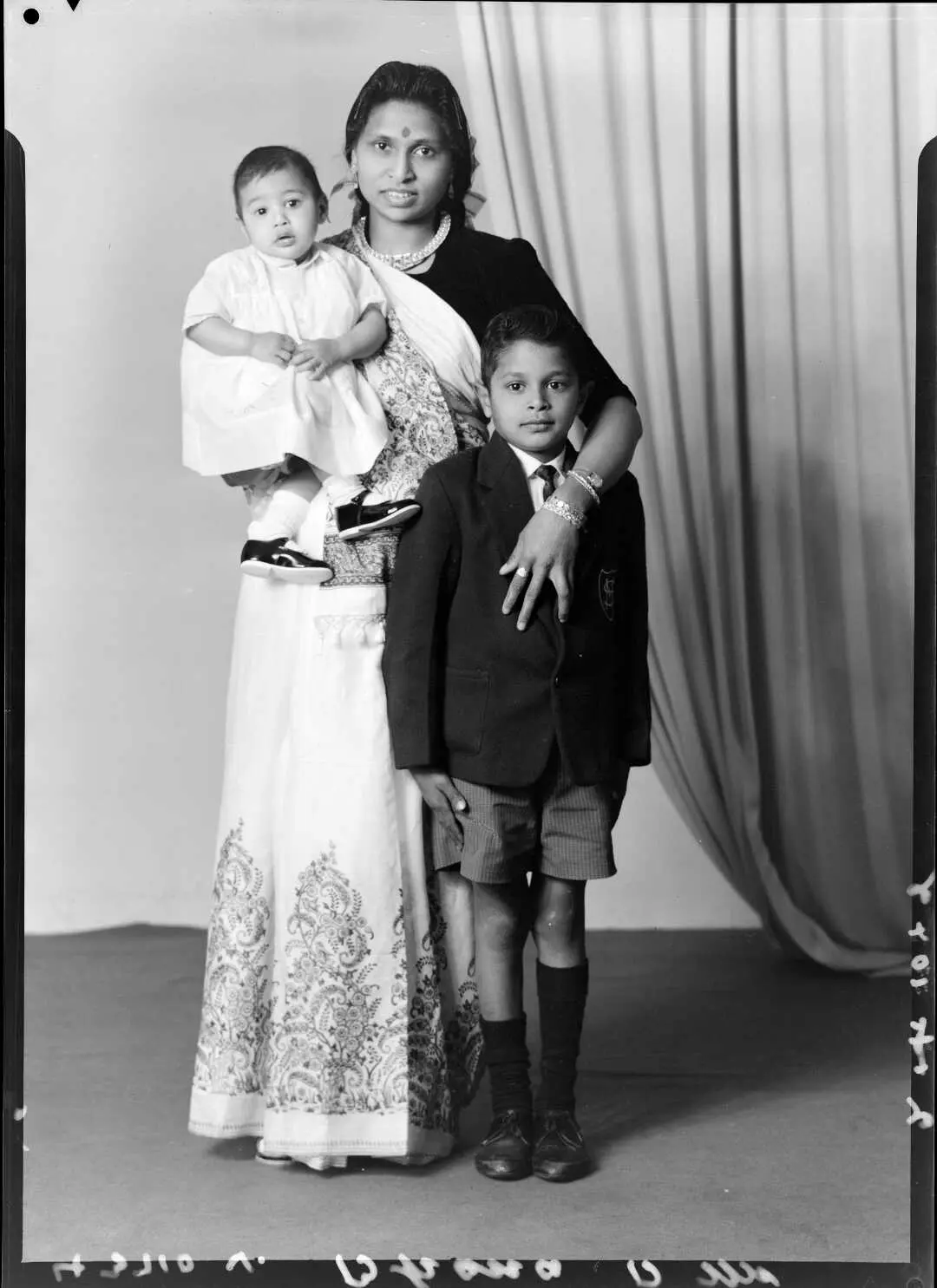Starting with family history
Some ideas to help you start your family history research.
How do I begin my family history research?
Think about who or what you’re after
What questions are you trying to answer about your family or ancestors? Identifying the purpose of your research will help focus your search. Be sure to see our primary Family History guide for further advice and guidance for your family history research.
Start with what you know
Often the easiest way to start your family history research is by building on the research of others.
Start with yourself and work backwards through the generations
Talk to family members and friends
Find out what family documents, photographs, or objects are already held by family members
Obtain copies of birth, marriage, and death records (certificates or printouts). Printouts are preferable to certificates, as they may contain more information
Try to be as specific as possible about details, including names, dates, places, and spelling conventions
Keep a record of where you found information so that it can be traced by others
Family history search strategies
Try a broad search
Search across our collections of historic newspapers, photographs, journal articles, published family histories, maps, and more. Use names of people, places, events and organisations to quickly see what might be available.
Newspapers will probably form the largest set of results. You’ll get better results by tailoring your search strategy to the type of material, rather than by searching everything the same way.
Use a name
Searching using a name will work best with full text searching, which is how Papers Past works. Try alternate spellings (e.g. Tyrell OR Tyrel), the full name, with initials, or simply Mr or Mrs. Keep in mind that spelling errors may have crept into the searchable text during the digitisation and transcription process.
Published and unpublished materials
To find information in published material (books and journal articles)) or unpublished material (letters, diaries, company records, maps, and photographs) you’ll need to try different search strategies.
For example, use the following terms to narrow your search:
Names of schools, churches, companies, clubs, or events s/he may have been part of
Places where they lived
People they may have been associated with
Subjects (we can help you here, as they vary according to item type)
Newspapers
Using Papers Past you can search the full text of a steadily increasing collection of historic New Zealand newspapers from 1839–1945, giving you easy access to an array of information about the lives of people, places, and events. First, find out which newspaper titles and issues are available on Papers Past by browsing regions or titles on the home page. You can also explore the advanced search options to improve your chances of success.
You can also find information in other types of content. Remember that when you are searching across all our collections, not everything is full text, and so while the name you are searching for may appear in the item, it won’t necessarily appear in the short descriptive record.
Find family histories that have already been published
If there’s information already compiled on your family’s history that can save you a lot of time with your own research. To start, try searching using the surname and ‘family’ in the Search box (for example, a search on the Henderson family).
You can further refine your search results using the filters on the left, including by format type, online availability, date, and collection. For more search options use the Advanced Search , which gives you the ability to limit the date range to certain years and choose specific collections, like the Photographic archive or Manuscripts collection.
Requesting items or planning a visit to the library
If you find items that you can’t view online, you might want to:
Request an interloan through your local library
Plan a visit to the library to view the items in our reading rooms
Register online as a library patron to access both the National Library and Alexander Turnbull Library published collections onsite
Register online for access to the Alexander Turnbull Library unpublished collections. Note that you will also need to create a RealMe account if you haven’t done so already.
Get advice about requesting research or scanned copies of an Alexander Turnbull Library item
For queries that our website cannot immediately help you with, try using our Ask a Librarian form
